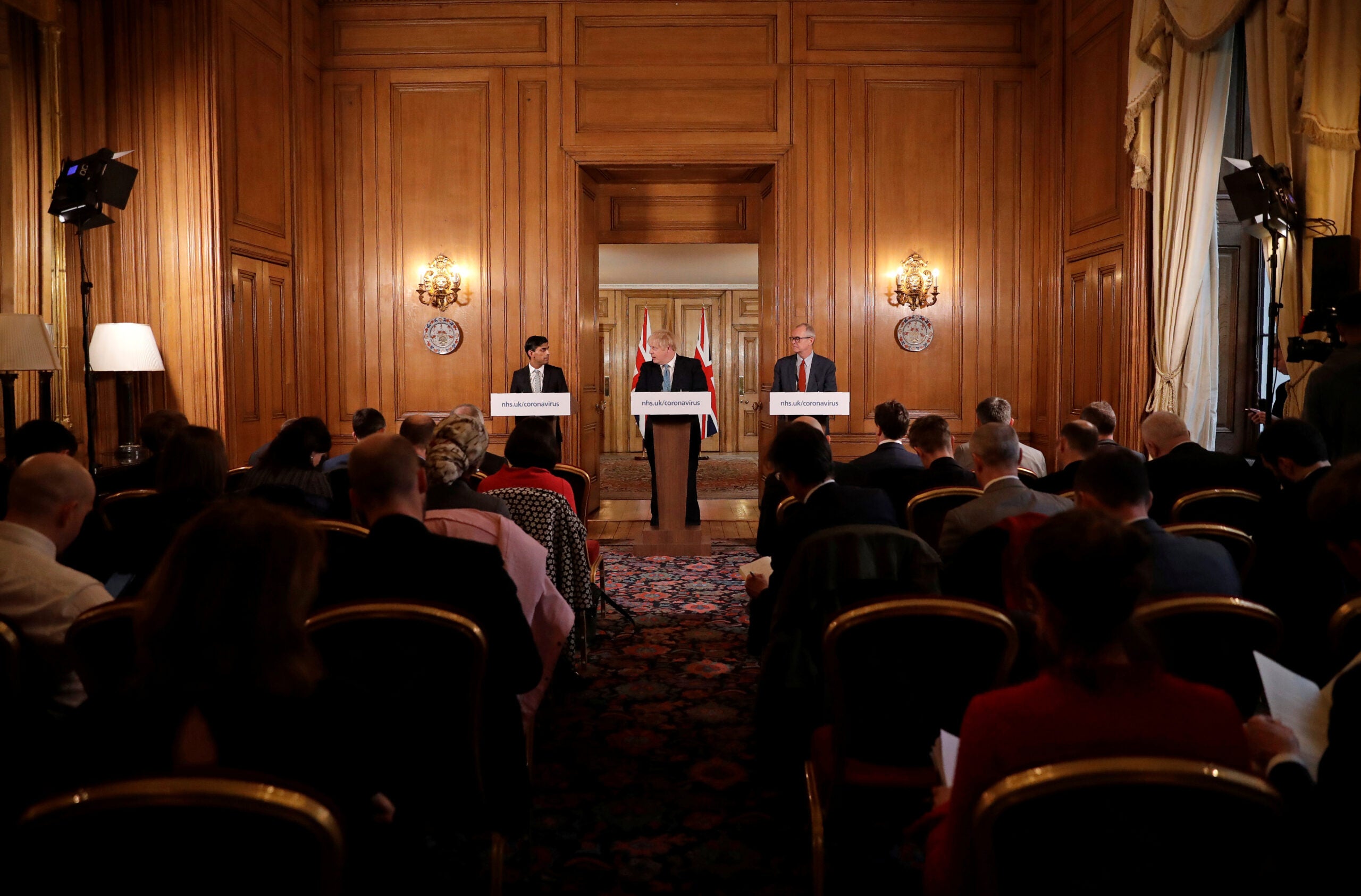
From accusations of bias to blaming the media for public upset over the Barnard Castle trip, attacks on the media are rife.
Worryingly, the Oxford University Reuters Institute’s 2020 Digital News Report indicates that globally only 38% of people trust most news most of the time, a sobering statistic. But in the UK the figure is only 28%.
Trust in the news here has fallen over 20% since 2015 and 12% in the last year alone. Only 39% of people in the UK trust the news they choose to consume themselves and the UK ranks 32nd out of the 40 countries surveyed in the report for media trust.
What is causing this erosion of trust and why does trust in the media matter?
The report suggests that divided societies appear to trust the media less, possibly because the news media carry more views that people disagree with.
Why is trust in the media so important? The current pandemic appears to provide an important example of the key role of the media in informing the public. Without the broad reach of the media, far fewer people would have been able to access government advice and the lockdown rules are unlikely to have been as widely observed as they were.
There is, of course, another key reason why the role of the media is so important. It has been apparent over the last 40 years that where a UK government has a strong majority, in the absence of rebellion by its own MPs (which itself is often as a result of media pressure), there are two key ways to hold government to account.
One is through the media and the other is through the courts.
Both have been used effectively over the past weeks and months. Media interest was probably vital to the success of Marcus Rashford’s campaign for free school meals and to the withdrawal of the NHS surcharge for migrant health workers.
Without the courts, unlawful conduct on the part of a government often cannot be restrained. Even though the Prime Minister said that the Supreme Court had (by 11 Justices to 0) been wrong on the prorogation of parliament, the government had to abide by the Court’s decision. It is not by chance that the government is proposing to curtail people’s ability to obtain judicial review.
Both the media and the courts have in recent years been branded “Enemies of the People”. This must erode confidence in them.
What are the alternative ways to hold strong majority governments to account?
One alternative could be social media which is of course an effective way of disseminating information but it is not subject to editorial discipline.
So, given the key role played by the media, what can be done to regain trust? One answer might be more “neutral” news. However, if the conclusions of the Digital News Report are correct, that may not be enough. And neutrality does not hold governments to account.
Somehow, the discourse needs to change. Our society must learn that the media, and the courts, are the friends and protectors, and not the enemies of the people.
Carolyn Pepper and Michael Skrein are media Litigation Partners at Reed Smith
Email pged@pressgazette.co.uk to point out mistakes, provide story tips or send in a letter for publication on our "Letters Page" blog
